L'évolution du droit à l'avortement (French Only)
Description
FRECH ONLY
This activity concerns the evolution of abortion rights in Canada and the 1989 case of Tremblay v. Daigle. Students will learn about pro-life and pro-choice interest groups. Students work in teams to prepare an oral presentation based on the position of an interest group that intervened in Tremblay v. Daigle. Students also write a personal reflection on a position argued before the Supreme Court.
Educational objectives
- To understand that rights and the law are constantly evolving along with society
- To reflect on a controversial subject from an ethical and legal perspective
- To learn about the history of abortion rights in Canada
- To practise engaging in dialogue about a controversial topic
- To become more familiar with Canada’s legal system and how judges reach decisions
Subjects and subject-specific competencies
Culture and Citizenship in Québec - Secondary
Secondary II
Cultural realities and compulsory main concepts: Democracy and social order - Rights and responsibilities.
Compulsory specific concepts: Women’s rights, Reproductive rights.
Secondary IV
Cultural realities and compulsory main concepts: Justice and the law - Legal and judicial institutions.
Compulsory specific concepts: Fundamental rights recognized by the charters, Supreme Court.
Secondary V
Cultural realities and compulsory main concepts: Search for meaning and world views - Social and cultural integration.
Compulsory specific concepts: Choices related to adulthood, Parenthood, Individual and collective responsibilities related to sexuality.
Cultural realities and compulsory main concepts: Social groups and power relations - Social inequalities.
Compulsory specific concepts: Control of women’s bodies and reproductive capacities.
- Competency 1: Studies cultural realities:
- Analyzes social relations:
- Characterizes relations between individuals, groups and institutions.
- Situates these relations in time and space.
- Analyzes social relations:
- Competency 2: Reflects on ethical questions:
- Examines a variety of points of view:
- Considers points of view and experiences.
- Compares reference points.
- Contextualizes reference points.
- Examines a variety of points of view:
History of Québec and Canada
- The modernization of Québec and the Quiet Revolution. Feminism.
- Societal choices in contemporary Québec. Gender equality (1988, decriminalisation of abortion)
Duration
Six periods
Connections with other subjects
- French, second language
- Competency 1: Lire des textes variés en français
- Competency 2: Interagir en français
- Competency 3: Produire des textes variés en français
Broad areas of learning
- Health and Well-Being: Awareness of the consequences of collective choices on individual well-being
- Citizenship and Community life: Promotion of the rules of social conduct and democratic institutions
Cross-curricular competencies
- Uses information: Puts information to use
- Exercises critical judgment: Forms and expresses his/her opinion
- Communicates appropriately
Related content
- The Supreme Court of Canada
- Abortion
- Soins médicaux: l’avortement (video, French only)
- Abortion: A Legal Procedure
- Abortion decisions
- Abortion: Available at any time
External resources
- Decision of the Supreme Court of Canada: Tremblay v. Daigle
- Tout le monde en parlait, a program on Ici Radio-Canada, dedicated an episode to the case of Tremblay v. Daigle (French only).


